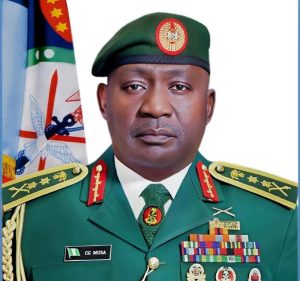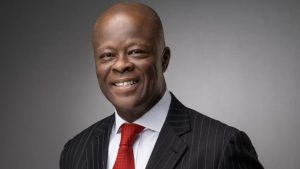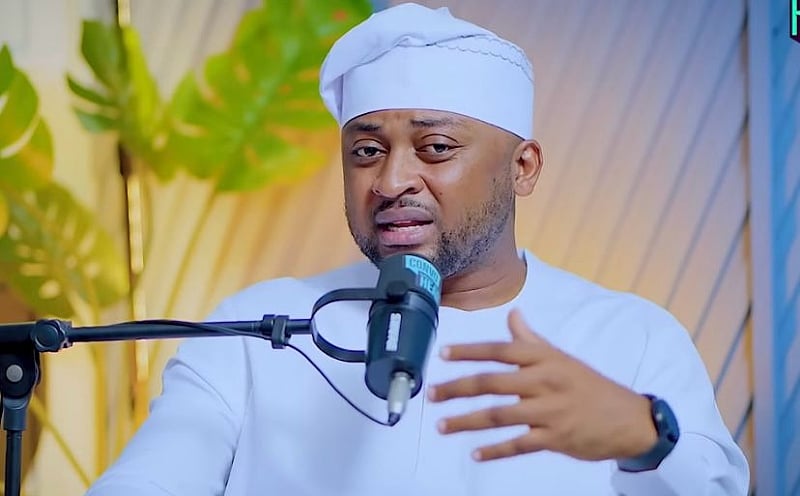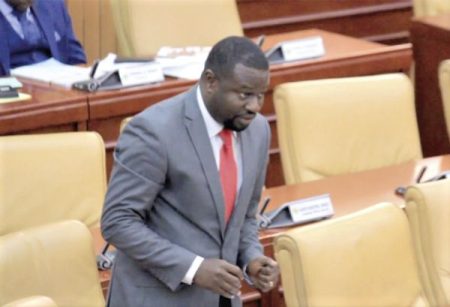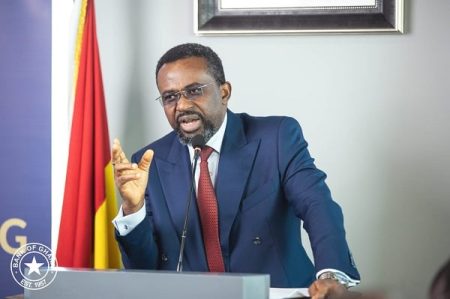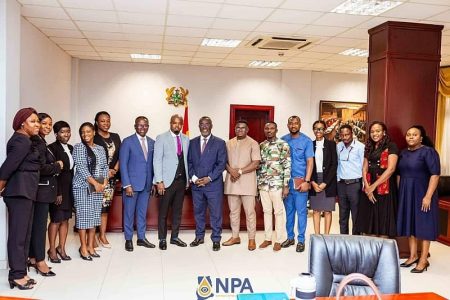The decision by President John Dramani Mahama to abolish fuel allowances for political appointees has sparked controversy and drawn criticism from various quarters, particularly from members of the opposition. Vincent Ekow Assafuah, the Member of Parliament for Old Tafo, has vehemently condemned the move, labeling it a populist tactic designed to garner cheap political points rather than a genuine effort to address economic challenges. He argues that the President’s directive is not only hypocritical but also illegal, as it unilaterally alters the conditions of service for appointees to their detriment.
Assafuah’s critique centers on the perceived hypocrisy of the President exempting himself from the fuel allowance cancellation. He points out that while the directive applies to political appointees, President Mahama, by virtue of being an elected official, remains unaffected. This exemption, according to Assafuah, undermines the President’s claim of leadership by example and exposes the superficial nature of the cost-cutting measure. He contends that true leadership necessitates shared sacrifice, and the President’s exclusion from the directive contradicts this principle.
Furthermore, Assafuah raises legal and ethical concerns regarding the unilateral cancellation of fuel allowances. He argues that these allowances constitute a condition of service for political appointees, and their abrupt removal without proper consultation or negotiation is not only illegal but also unethical. This unilateral action, he asserts, represents a detrimental variation of service conditions and reflects poorly on the government’s respect for established procedures and the rights of its appointees. He contrasts this approach with what he considers to be “bold leadership,” suggesting that the President’s decision is driven by “shallow populism” rather than genuine concern for fiscal responsibility.
The core of Assafuah’s argument rests on the premise that the President’s decision is a calculated political maneuver rather than a sincere attempt to address economic challenges. He suggests that the directive is designed to generate positive headlines and project an image of fiscal responsibility, while in reality, it offers minimal savings and unfairly targets political appointees. This perception of political maneuvering is further reinforced by the President’s self-exemption, which undermines the credibility of the cost-cutting initiative.
Assafuah’s critique also highlights the broader issue of unilateral decision-making in government. He argues that the cancellation of fuel allowances without proper consultation or negotiation sets a dangerous precedent and undermines the principle of fair labor practices. The unilateral approach, he suggests, disregards the rights of political appointees and creates an environment of uncertainty and distrust within the government. This, he contends, is not conducive to effective governance and can have long-term negative consequences.
In conclusion, Assafuah’s critique of President Mahama’s decision to cancel fuel allowances for political appointees centers on the perceived hypocrisy, illegality, and unethical nature of the directive. He argues that the President’s self-exemption, the unilateral nature of the decision, and the detrimental impact on appointees’ conditions of service reveal the populist and politically motivated nature of the move. This critique raises important questions about leadership, fiscal responsibility, and the government’s respect for established procedures and the rights of its appointees.


